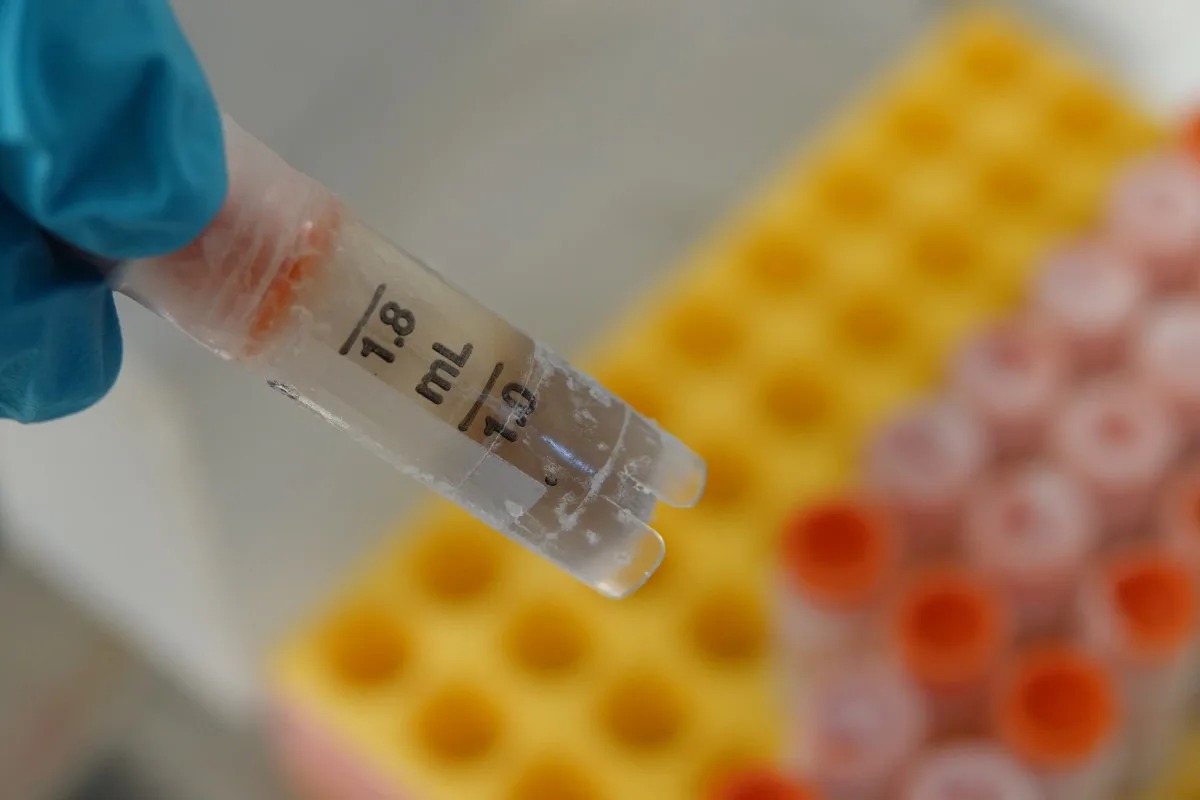Scientists Discover a Surprising Link Between Gut Health and OCD
For decades, Obsessive-Compulsive Disorder (OCD) has been understood primarily as a brain-based condition — a result of chemical imbalances and overactive neural circuits responsible for controlling fear, anxiety, and repetitive thoughts. But groundbreaking new research is challenging that long-held view.
A growing body of scientific evidence now points to an unexpected player in OCD’s development: the gut. Recent genetic and microbiome studies suggest that the microorganisms living in our digestive system may significantly influence mental health, behavior, and even compulsive tendencies.
This emerging perspective could transform how scientists, doctors, and patients understand and treat OCD — offering more holistic, body-wide approaches to mental wellness.
Understanding OCD: Beyond the Brain
OCD affects millions of people around the world and is characterized by intrusive thoughts (obsessions) and repetitive behaviors (compulsions). Traditionally, researchers have focused on neurotransmitters such as serotonin, dopamine, and glutamate, along with specific regions in the brain — particularly the orbitofrontal cortex, anterior cingulate cortex, and basal ganglia — which tend to show abnormal activity in people with OCD.
While medications like Selective Serotonin Reuptake Inhibitors (SSRIs) and Cognitive Behavioral Therapy (CBT) have helped many patients, they do not work for everyone. In fact, an estimated 30–40% of individuals experience only partial improvement. This has led scientists to search for deeper biological explanations — and that search has increasingly turned toward the gut.

The Gut-Brain Axis: A Two-Way Communication Network
The gut-brain axis refers to the bidirectional communication system between the digestive tract and the central nervous system. This complex network connects the gut microbiome — trillions of bacteria, viruses, and fungi living in the intestines — with the brain through neural pathways (especially the vagus nerve), hormones, and immune signals.
Studies show that these microorganisms are not passive bystanders. They play an active role in regulating mood, stress response, and cognition by influencing the production of neurotransmitters like serotonin and gamma-aminobutyric acid (GABA). Interestingly, about 90% of the body’s serotonin is actually produced in the gut, not the brain.
When the gut microbiome becomes unbalanced — a condition known as dysbiosis — it can trigger inflammation, alter neurotransmitter levels, and disrupt brain signaling. This has already been linked to conditions such as anxiety, depression, and autism spectrum disorders. The latest evidence suggests OCD may also belong to this growing list.

Genetic Insights: Connecting the Gut and the Mind
A recent genetic analysis published in peer-reviewed medical journals found overlapping genes that regulate both gut function and brain activity. These genes influence how the immune system responds to bacteria in the intestines and how the brain processes signals from the gut.
Researchers have identified that individuals with certain genetic variations affecting microbiome diversity or intestinal barrier integrity may have an increased likelihood of developing anxiety-related or compulsive behaviors.
This discovery supports the idea that OCD might be multifactorial — not solely a brain disorder but a systemic one influenced by the interactions between genes, microbes, and environmental triggers such as diet and stress.
How Gut Health Might Influence OCD Symptoms
So how exactly could the gut impact OCD? Scientists propose several interconnected mechanisms:
-
Neurotransmitter Regulation
Gut bacteria influence the synthesis of serotonin, dopamine, and GABA — all critical for mood regulation. Imbalances in these chemicals are known to play a role in OCD. -
Inflammation and Immune Response
Chronic inflammation caused by gut imbalance can release cytokines — molecules that affect brain function and may heighten anxiety or repetitive thought patterns. -
Vagus Nerve Communication
The vagus nerve acts as a “highway” between the gut and brain. When the gut microbiome is disturbed, signals transmitted through this nerve can alter emotional and behavioral responses. -
Stress Hormone Regulation
The gut microbiome also interacts with the hypothalamic-pituitary-adrenal (HPA) axis, which controls the body’s stress response. A disrupted gut may cause overactivation of this system, leading to heightened anxiety and compulsive behavior.
These pathways together illustrate how deeply intertwined our digestive and mental health systems are — and why researchers are increasingly calling the gut our body’s “second brain.”

Toward a New Generation of Treatments
If the gut truly influences OCD, it could open a new frontier for treatment beyond traditional medication and therapy. Researchers are exploring several promising avenues:
-
Probiotics and Prebiotics: Supplements or foods that promote healthy gut bacteria could help balance the microbiome and indirectly regulate mood.
-
Dietary Interventions: Diets rich in fiber, fermented foods, and omega-3 fatty acids may support beneficial gut flora, potentially improving mental resilience.
-
Fecal Microbiota Transplantation (FMT): Though still in early stages of study, this procedure has shown promise in other neurological conditions and may one day be tested for OCD.
-
Personalized Medicine: Genetic testing might help identify individuals whose gut-brain interactions make them more susceptible to OCD, enabling tailored prevention strategies.
While these approaches remain under investigation, they reflect a shift toward integrative medicine, where mental health care considers both the mind and the body as parts of a unified system.
What This Means for the Future of Mental Health
This research challenges the long-standing idea that mental health conditions exist solely “in the head.” Instead, it highlights how the body’s physical systems — digestive, immune, and endocrine — all influence emotional well-being.
Experts believe this shift could lead to more holistic therapies that combine neuroscience, nutrition, and psychology. Such approaches may also reduce the stigma around mental illness by framing it as a condition with biological roots rather than purely psychological ones.
Still, scientists caution that the gut-OCD connection is not yet definitive. Much of the evidence is correlational, meaning it shows an association but not direct causation. Large-scale clinical trials are needed to determine whether changing gut health can consistently reduce OCD symptoms.
Nonetheless, this research is a powerful reminder of how interconnected our bodies truly are — and how understanding that connection can change the way we approach health and healing.
The Takeaway: Healing From the Inside Out
The discovery of a potential link between the gut microbiome and Obsessive-Compulsive Disorder represents one of the most intriguing developments in modern psychiatry. It reinforces the concept that brain health begins in the body and that balance within the digestive system may contribute to emotional stability and mental clarity.
If future studies confirm these findings, treatment for OCD could expand far beyond the prescription pad. Diet, lifestyle, and microbiome health could become central components of personalized care — helping patients not just manage symptoms but improve overall well-being.
By looking beyond the brain and exploring the intricate communication between the gut and mind, scientists may be paving the way toward a new era of holistic, integrative mental health — one where the road to healing truly begins from within.


